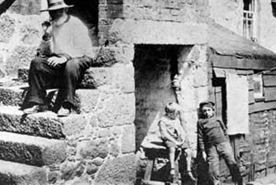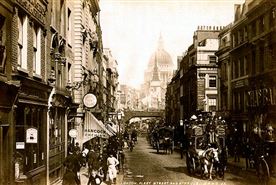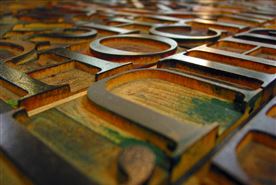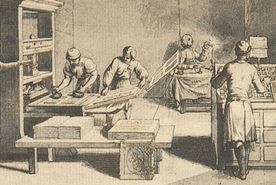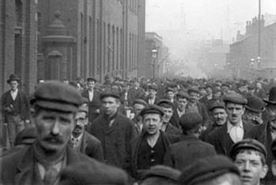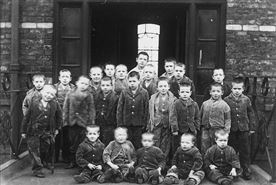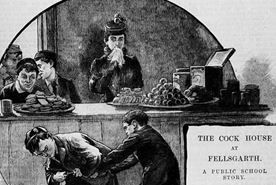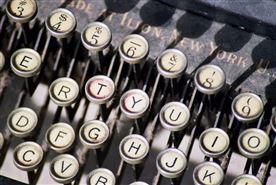YOLA 09B: 19th-Century Paperback Lit - p1
Adjective
barely able to read and or write
semiliterate
A publishing craze that hit both America and England from the mid- to late nineteenth century attracted the readership of the semiliterate working class.
A publishing craze that hit both America and England from the mid- to late nineteenth century attracted the readership of the semiliterate working class.
Phrase
have something as a major concern or theme
centered on
In America, dime novels typically centered on tales of the American Revolution and the Wild West, while British penny bloods (later called penny dreadfuls) told serial tales of horror or fictionalized versions of true crimes.
In America, dime novels typically centered on tales of the American Revolution and the Wild West, while British penny bloods (later called penny dreadfuls) told serial tales of horror or fictionalized versions of true crimes.
Phrase
start to develop
opening up
These paperback novels were sold at newsstands and dry goods stores and succeeded in opening up the publishing market for both writers and readers.
These paperback novels were sold at newsstands and dry goods stores and succeeded in opening up the publishing market for both writers and readers.
Verb
to go or spread from one person or place to another
circulating
Though Johann Gutenberg's printing press was designed in the fifteenth century, it was not until after the first newspapers began circulating in the eighteenth century that it became a profitable invention.
Though Johann Gutenberg's printing press was designed in the fifteenth century, it was not until after the first newspapers began circulating in the eighteenth century that it became a profitable invention.
Adjective
able to be used or obtained
accessible
Though few children's books were available, penny dreadfuls were highly accessible, especially to male youths who created clubs in order to pool their money and start their own libraries.
Though few children's books were available, penny dreadfuls were highly accessible, especially to male youths who created clubs in order to pool their money and start their own libraries.
